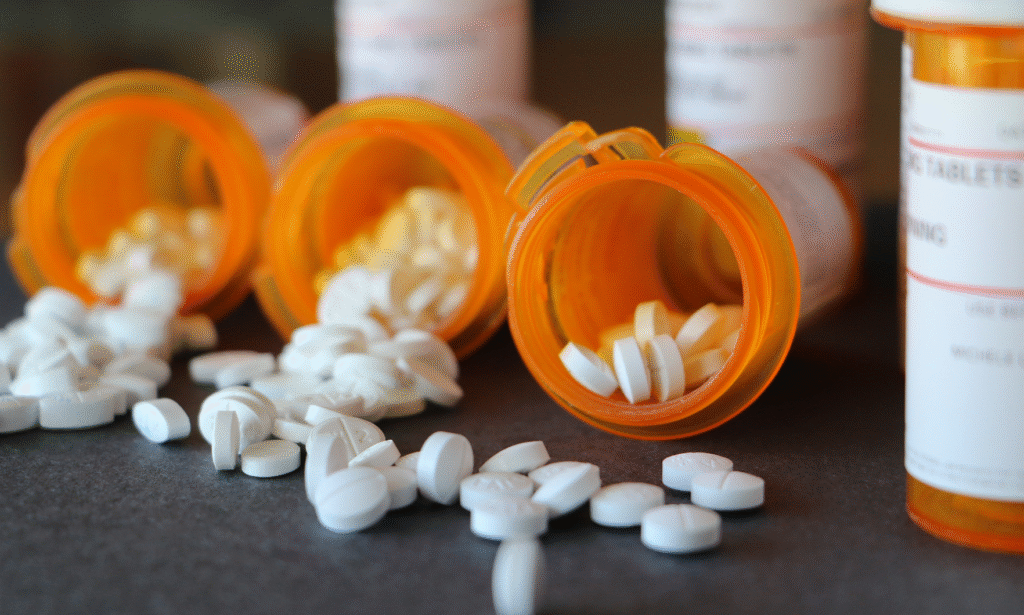The U.S. relies on a global network for its prescription drug supply. Yet concerns over the quality, transparency, and resilience of global pharmaceutical supply chains continue to grow. A project including Malone Center member Maqbool Dada, a professor of operations management and business analytics at the Johns Hopkins Carey Business School, was recently awarded a $1.5 million research grant from the U.S. Department of Defense to enhance the resilience of the U.S. pharmaceutical supply chain. The research is part of a broader DOD grant awarded to the Uniformed Services University’s Center for Health Services Research to inform federal decision-making on sourcing, investment, and regulatory strategies, ensuring that critical medications remain accessible for U.S. military and civilian populations.
“The pandemic laid bare the vulnerabilities in the U.S.’s public health system overall and the pharmaceutical drug supply chain in particular,” says Mariana Socal, the leader of the project and an associate professor of health policy and management at the Bloomberg School of Public Health. “During the pandemic, there were significant disruptions in manufacturing and distribution of a wide range of pharmaceuticals that are used to treat everything from cardiovascular diseases to viral infections, and others.”
The newly funded project focuses on developing actionable policy solutions to enhance the resilience of the U.S. prescription drug supply chain. Collaborators include Gerard Anderson, Joshua Sharfstein, and Jeromie Ballreich from the Bloomberg School of Public Health; Tinglong Dai and Mohammad Ali Yazdi from the Carey Business School; and Jeremy Greene from the School of Medicine. This research builds on the Johns Hopkins Prescription Drug Supply Chain Data Dashboard, a tool developed by the team with the support of a 2024 Johns Hopkins Nexus Award. A first-of-its-kind initiative, the dashboard combines structured and unstructured data sources to provide real-time insights into the global supply chains manufacturing and distributing prescription drugs for the U.S. market.
“These efforts are needed to fully understand the strengths and vulnerabilities of the complicated and interconnected pharmaceutical supply chains,” says Socal. “Millions of Americans—including vulnerable populations like children and older adults—depend on prescription drugs to survive. We must do everything possible to protect their health and quality of life by preventing drug shortages and increasing supply transparency to prevent disruptions.”
In addition to deepening research efforts at Johns Hopkins, this grant will support a new collaboration with the National Academies of Sciences, Engineering, and Medicine (NASEM). Together with NASEM, Johns Hopkins will host a public-facing workshop on prescription drug supply chain resilience at the Johns Hopkins Bloomberg Center in Washington, D.C. in October 2025. The workshop will convene federal agencies, congressional staff, industry leaders, and public health experts to develop policy solutions through a make-buy-invest strategic framework. Discussions will center on domestic production, strategic investments, and regulatory oversight to safeguard critical drugs vital to national security.
